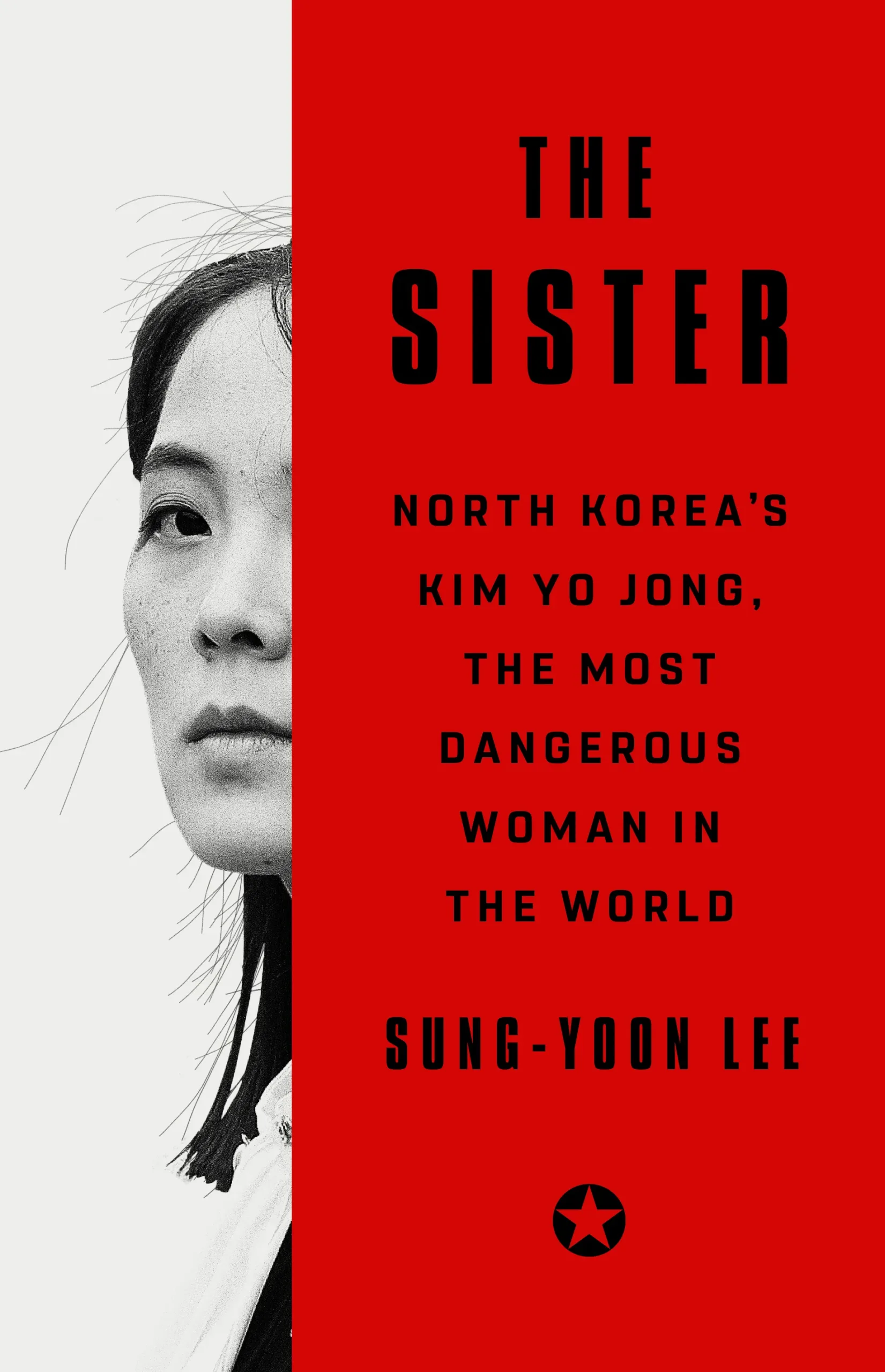by Sung-Yoon Lee.
I stumbled upon The Sister in a quaint bookshop in my hometown, a place where I never would have expected to find a book covering such a specific and international topic. As someone with a background in Korean studies, particularly North Korean history, I couldn’t resist picking it up. Although I’m listing the English version here, the copy I purchased and read was actually in Dutch, titled De Zus—a literal translation of the original.
As anyone who has delved into North Korean history can attest, it often reads like a drama more fantastical than fiction. The intrigues, the power struggles, and the pervasive secrecy that surrounds the Kim dynasty make it a topic that’s as captivating as it is unsettling. North Korea rarely lifts the curtain on its inner workings, and when it does, it’s only to drop a few cryptic clues, leaving the rest of us to piece together the puzzle. This mystery is something I’ve been drawn to ever since I started my studies on Korea in 2014, and it’s an addiction I’ve yet to shake.
When I first began studying North Korea, Kim Jong-un’s sister, Kim Yo-jong, was the talk of the year. Up until 2014, we literally did not know she existed. It was suspected, but unconfirmed, and when she finally emerged into the public eye, she was already in her mid-twenties. Even now, she remains an enigma—we don’t even know her exact age, much like her brother, who was around 30 years old when she became a more public figure.
Kim Yo-jong is a fascinating figure, though in all the worst ways imaginable. She’s powerful, cunning, and plays a pivotal role in the North Korean regime. For those unfamiliar with the intricacies of North Korea, The Sister is an excellent introduction. Sung-Yoon Lee uses her story as a lens through which to explore the broader narrative of the Kim dynasty and the dark world of North Korean politics.
What is The Sister About?
The Sister delves into the life and role of Kim Yo-jong, the younger sister of Kim Jong-un, North Korea’s current leader. The book offers a rare glimpse into the life of one of the most mysterious figures in contemporary geopolitics. Kim Yo-jong has been described as the “Ivanka Trump of North Korea,” a woman who wields considerable power behind the scenes, yet remains largely in the shadows. Lee meticulously examines her rise within the regime, her influence on her brother, and her role in shaping North Korea’s domestic and international strategies.
But this book isn’t just about Kim Yo-jong. It’s about North Korea itself—the history, the power dynamics, and the chilling reality of a regime that’s as secretive as it is brutal. Sung-Yoon Lee, a renowned expert on North Korean affairs, uses Kim Yo-jong’s story as a vehicle to unpack the complexities of the North Korean state, making this book an essential read for anyone looking to understand the forces at play in one of the world’s most isolated and unpredictable countries.
Reading The Sister was a reminder of why I became so captivated by North Korean studies in the first place. The more you learn, the more questions you have, and the deeper you want to dig. For anyone new to the topic, or for those who share my fascination with North Korea’s dark and convoluted history, this book is a great starting point.





